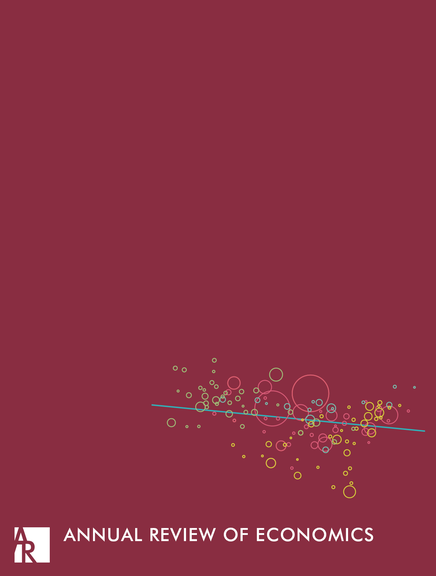互联网和社交媒体的政治影响
IF 11.4
2区 经济学
Q1 ECONOMICS
引用次数: 0
摘要
互联网和社交媒体如何影响政治结果?我们回顾了近期政治经济学文献中的经验证据,主要关注那些将互联网和社交媒体与传统线下媒体区分开来的特征,如低进入门槛和对用户生成内容的依赖。我们讨论了互联网,特别是社交媒体对投票、街头抗议、对政府的态度、政治两极分化、仇外心理和政治家行为的影响的主要结果。我们还审查了有关社交媒体在传播假新闻中的作用的证据,并总结了专制政权审查互联网和利用社交媒体进行监视和宣传的策略的结果。最后,我们强调了互联网和社交媒体如何塑造民主国家和专制国家的政治的开放性问题。本文章由计算机程序翻译,如有差异,请以英文原文为准。
Political Effects of the Internet and Social Media
How do the Internet and social media affect political outcomes? We review empirical evidence from the recent political economy literature, focusing primarily on work that considers traits that distinguish the Internet and social media from traditional off-line media, such as low barriers to entry and reliance on user-generated content. We discuss the main results about the effects of the Internet in general, and social media in particular, on voting, street protests, attitudes toward government, political polarization, xenophobia, and politicians’ behavior. We also review evidence on the role of social media in the dissemination of fake news, and we summarize results about the strategies employed by autocratic regimes to censor the Internet and to use social media for surveillance and propaganda. We conclude by highlighting open questions about how the Internet and social media shape politics in democracies and autocracies.
求助全文
通过发布文献求助,成功后即可免费获取论文全文。
去求助
来源期刊

Annual Review of Economics
ECONOMICS-
CiteScore
9.70
自引率
3.60%
发文量
34
期刊介绍:
The Annual Review of Economics covers significant developments in the field of economics, including macroeconomics and money; microeconomics, including economic psychology; international economics; public finance; health economics; education; economic growth and technological change; economic development; social economics, including culture, institutions, social interaction, and networks; game theory, political economy, and social choice; and more.
 求助内容:
求助内容: 应助结果提醒方式:
应助结果提醒方式:


